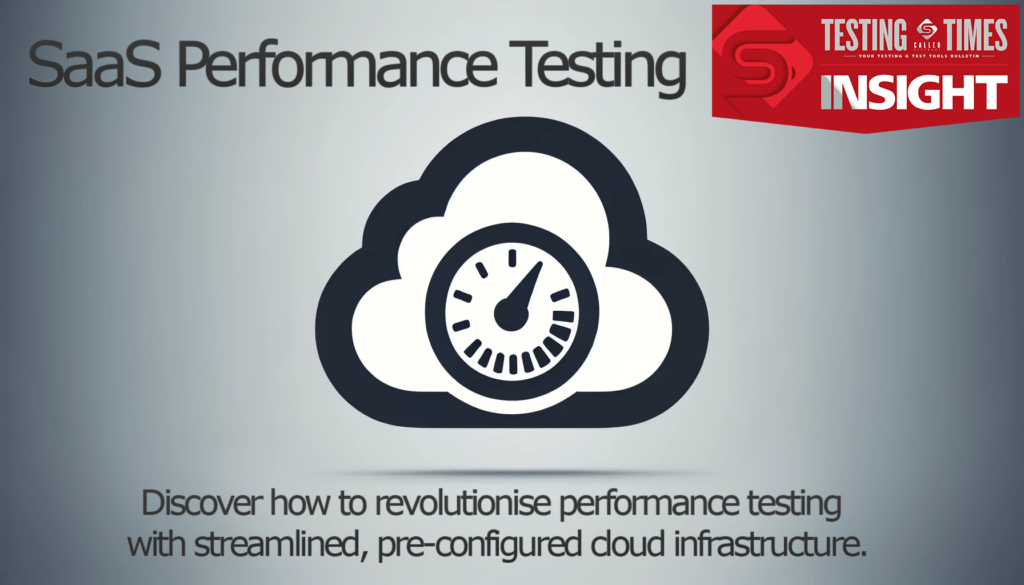I spend a large percentage of my working week speaking with test managers about tools and budgets.
One of the most common questions I ask is, ‘Have you considered the total cost of ownership?’.
I estimate 80% answer ‘No’ – They do not consider the total cost of ownership.
Even if they have given it some thought, they are often being directed to use free or low-cost tools. This misses the budgetary iceberg lying below the surface.
Do Most Businesses Use The Wrong Criteria When Selecting Software?
When selecting business software, many companies base their decision on the upfront software cost. In fact, it’s quite often the case that some:
- Companies are mandated by finance/procurement to only consider free tools
- Procurement or finance will compare the cost of a few tools and the cheapest is selected, regardless of the value provided or TCO
For some reason, companies often fail to consider, or understand crucial elements that carry huge underlying costs:
- The resource cost of the people who will use the tool and take longer to do their job.
- Incidentally, this is classic public sector behaviour. I have heard from more than one public sector source that the people-cost is not factored in when buying tools.
- The resource cost to configure and maintain the tools
Everyone is aware of the current financial uncertainties.
We’ve got an impending recession, rising interest rates and ongoing cost-of-living issues.
Set against this backdrop, it is not surprising that companies are looking to cut spending – no one should ever money to waste!
This type of short term thinking leads to long-term financial implications.
Instead, educating your stakeholders about the nature of software ownership could yield budgetary and productivity benefits for years to come.
Often those who hold the purse strings lack an understanding of software ownership. However, when walked through the situation, and shown logical and reasonable evidence, I find decision makers to be pragmatic and practical people.
When you show that software is an investment, not a cost, you open a world of new possibilities.
Free Tools Often End Up Costing More
Now, I like a bargain as much as the next man. However, if I am getting something for long-term use, I want to make sure it is fit-for-purpose.
I’ll give you a real-world example – Years ago our dishwasher packed up after 10 years of hard use and we decided to replace it with a cheaper product because all dishwashers are the same. Right?
The new one lasted 3 years and during that time, it broke down twice, the cutlery basket had to be replaced 3 times (only under warranty in the first year, so cost us). Plus, it wasn’t that good at cleaning things. It was nothing like the old machine.
This was a bad purchase and the TCO was more than the previous machine.
Now if I’d only ever owned cheap dishwashers, I might have thought this the only option. Luckily, I soon realised that, in the world of crockery cleaners, you get what you pay for.
Back to software test tools. The same applies.
Free open-source tools might sound compelling, but they often work out more expensive than professional-grade tools.
Open source takes more time to implement, offers less functionality and requires a considerable amount of handcrafting.
When Choosing Test Software, You Must Consider the Total Cost of Ownership
In these uncertain financial times, TCO is more important than ever. These supposedly free tools carry myriad additional costs that lurk just below the surface:
- Hosting them on-premises or in the cloud
- The effort of integrating them into your enterprise landscape
- Adding additional functionality that you invariably need
- The resource cost to use and maintain them
- And so much more
I’ve done direct comparisons with several test tools. Paid tools generally come out with a lower TCO and better business benefits. You can see the results for yourself:
- Jira – Great For Developers, Not Ideal For Testers
- The Selenium Myth: It’s Not As Free As You Think
- JMeter? LoadRunner Cloud is Better and Costs Less
Failure to consider TCO is a short-term view that will lead to long-term problems.

















